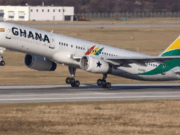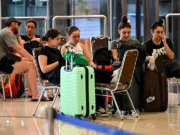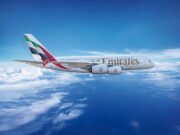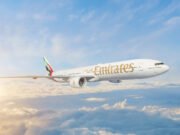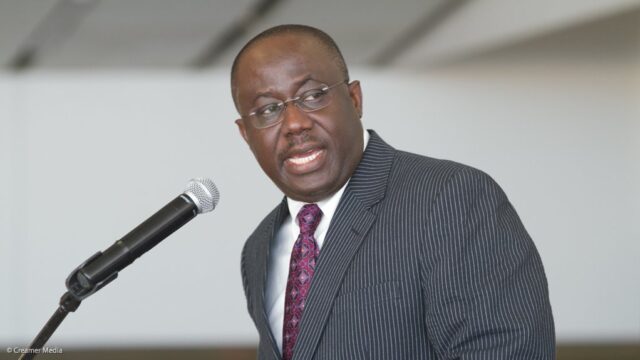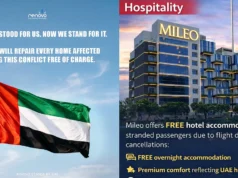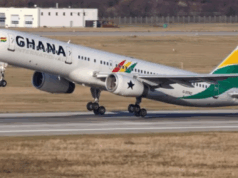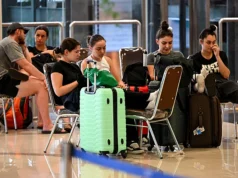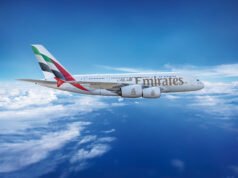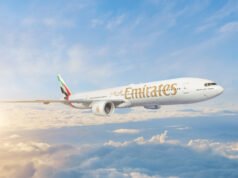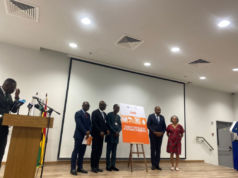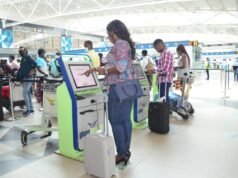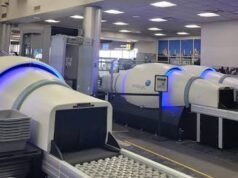Charles Asare Chairs new National Airline Task Force | By Dominick Andoh | Ghana is taking a significant step towards re-establishing its national airline with the inauguration of a ten-member National Airline Task Force, chaired by Mr. Charles Asare, the former Managing Director of the Ghana Airports Company Limited (GACL).
The National Airline Task Force, set to be inaugurated by the Minister for Transport, Joseph Bukari Nikpe, today, Wednesday, May 7, 2025, is expected to develop a business model and operational framework for the National Airline.
The task force is also expected to coordinate engagements with potential strategic and technical partners, oversee regulatory compliance and certification processes, and facilitate the initial operational arrangements, including staffing, fleet acquisition, and route planning.
Other members are: Mr. Twumasi Ankrah-Selby – Vice Chairman; Mrs. Yvonne Nana Afriyie Opare – Managing Director, Ghana Airports Company Limited; Mr. Hugh Tamakloe- Aviation Industry Expert; Mr. Benjamin Ahlijah – Aviation Industry Expert; Rev. Stephen Arthur – Director-General, Ghana Civil Aviation Authority; Madam Patricia Bonsu – Aviation Industry Expert; Madam Joyce Bawa Mogtari – Former Deputy Minister for Transport and Lawyer; Mr. Daniel Acquah – Former Deputy Director-General (Technical), Ghana Civil Aviation Authority; and A representative from the Ministry of Transport.
The ten-man list was contained in a letter dated April 29, 2025, signed by Dr. Callistus Mahama, Secretary to the President and addressed to the Minister for Transport.
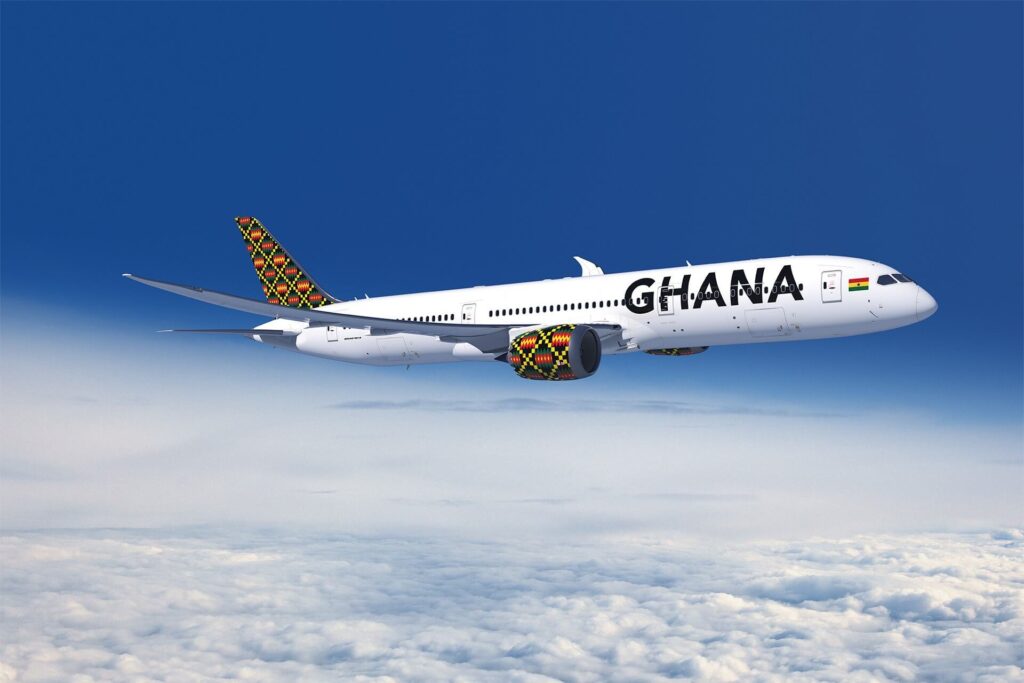
Ghana has been without a national airline since the demise of Ghana Airways in 2004 and the collapse of its successor, Ghana International Airlines, in 2010.
Since 2014, various governments have worked through the Transport Ministry to engage with aviation industry players, inviting bids from notable companies such as Boeing, Ethiopian Airlines, EgyptAir, South African Airways, Qatar Airways, and Ashanti Airlines.
Despite winning the bid to partner with the government on this initiative, Ashanti Airlines and its financial backers, the Zotus Group, have failed to meet critical deadlines, hindering progress in establishing the national airline.
Plans to begin ticket sales in April and May and to launch commercial flights by June or July 2023—one year after Ashanti Airlines won the bid in May 2022, failed to materialise with no plausible explanation from the group
President John Dramani Mahama in his recent State of the Nation Address, said the best way out is for the government to re-open a transparent Expression of Interest (EoI) process to invite competent and established partners to help Ghana create a new national airline.
Bright Simons offers a blueprint for a new National Airline
The Vice President of IMANI Africa, Bright Simons, says that there must be an “elite consensus” against arbitrary interference in the proposed new national carrier for it to succeed and emulate the shining example of Ethiopian Airlines.
Bright Simons believes that the very factors that led to the collapse of Ghana Airways and Ghana International Airlines were mitigated by Ethiopian Airlines, offering a blueprint for Ghana’s quest for a new national airline.
“One phrase: elite consensus. Since 1946, successive [Ethiopian] governments have generally decided that the airline should be run professionally. Arbitrary interference is considered taboo. Such enduring consistency builds up to excellence,” he wrote in an X post on March 14, 2025.
Comparing Ethiopian Airlines’ performance to UK-based British Airways, he noted that: “In fact, Ethiopian Airlines can deliver native Ethiopian cuisine 40,000 feet up in the air, and it won’t taste like yesterday’s unrefrigerated pudding. If you know anything about traditional Ethiopian cooking, you would know that this is no mean feat.
And it is not even like Ethiopian Airlines isn’t run by formidable cost managers itself. If you were one of those French business developers at Thales Avionics that had to negotiate with them, you would know. They can bargain and squeeze as well as any Kerala grandmother in a bazaar.
Which is why upon all the cost-cutting, and despite the recent cooing about surging profits, BA’s 5-year net profit margin isn’t all that higher than Ethiopian’s. The real clue is in “capacity growth”, where Ethiopia’s 20% avg year-on-year figure totally dwarfs BA’s 6%. Lesson: when managing costs, don’t end up alienating your most value-adding customers.
Furthermore, we need to consider operational context. BA is a Europe-based airline. Industry avg net profit margin there is nearly 4%. In Africa, where Ethiopian operates, the equivalent figure is about NEGATIVE 3%. Ethiopian is a total miracle performer, all factors considered.”
Charles Asare Chairs new National Airline Task Force | AviationGhana


